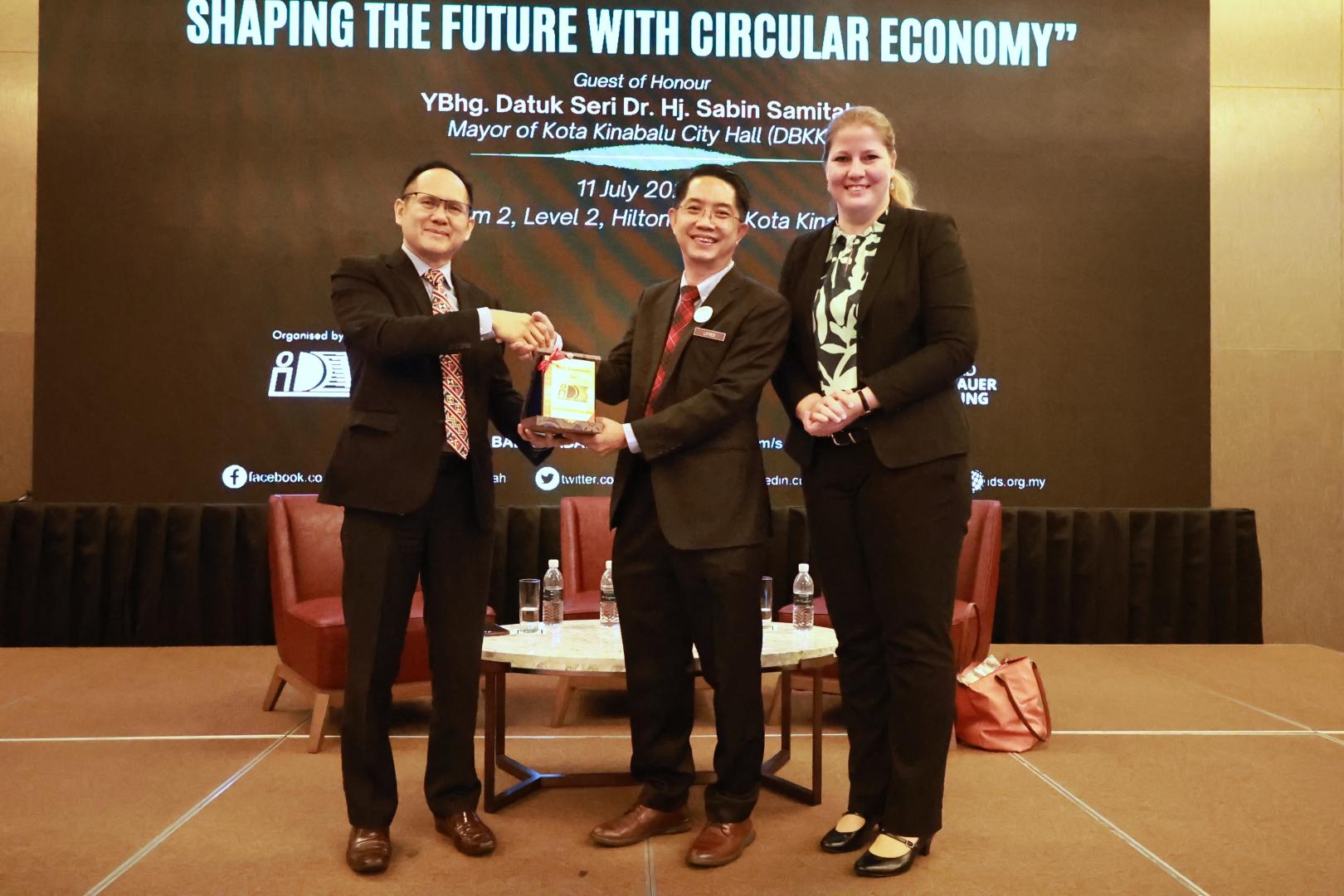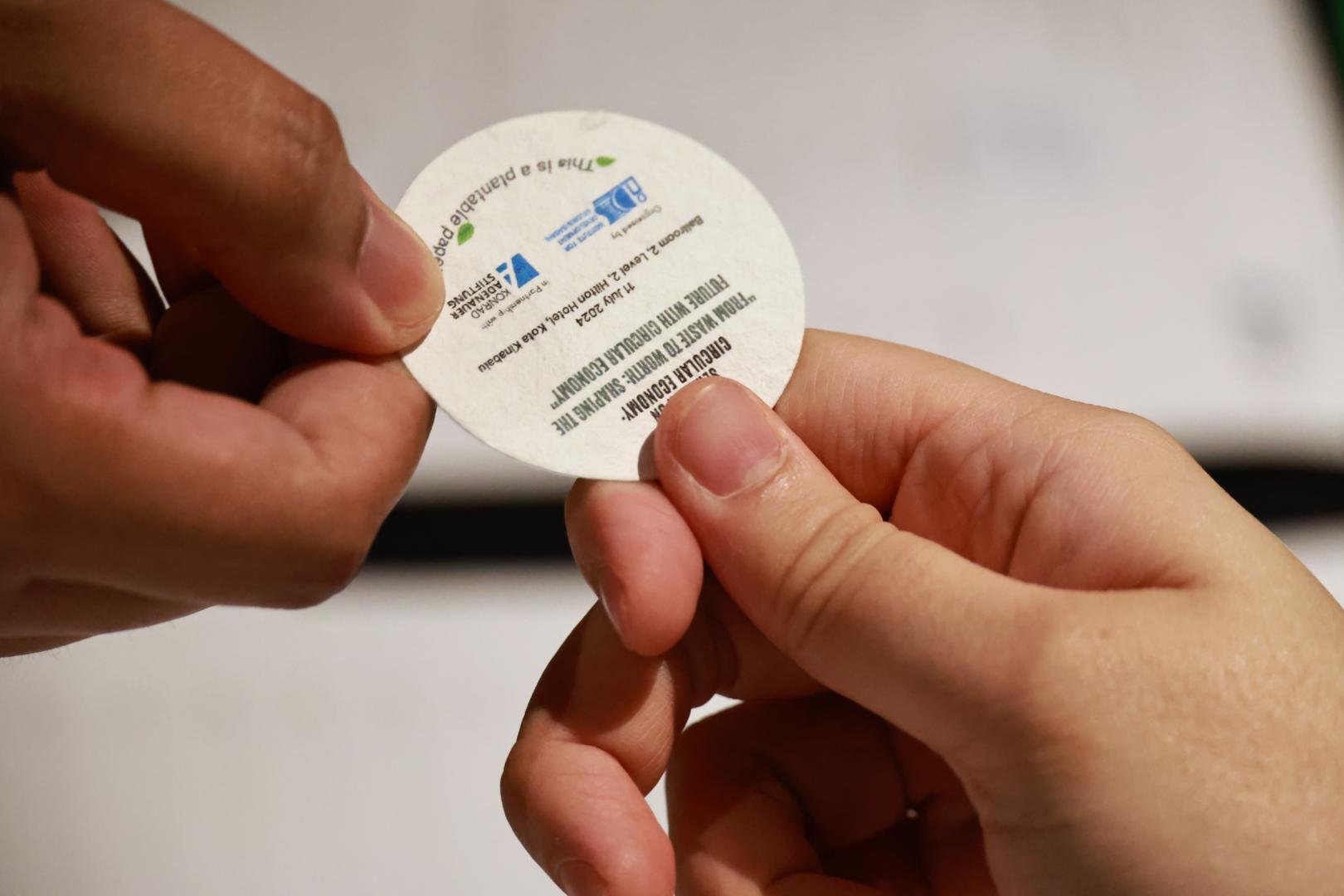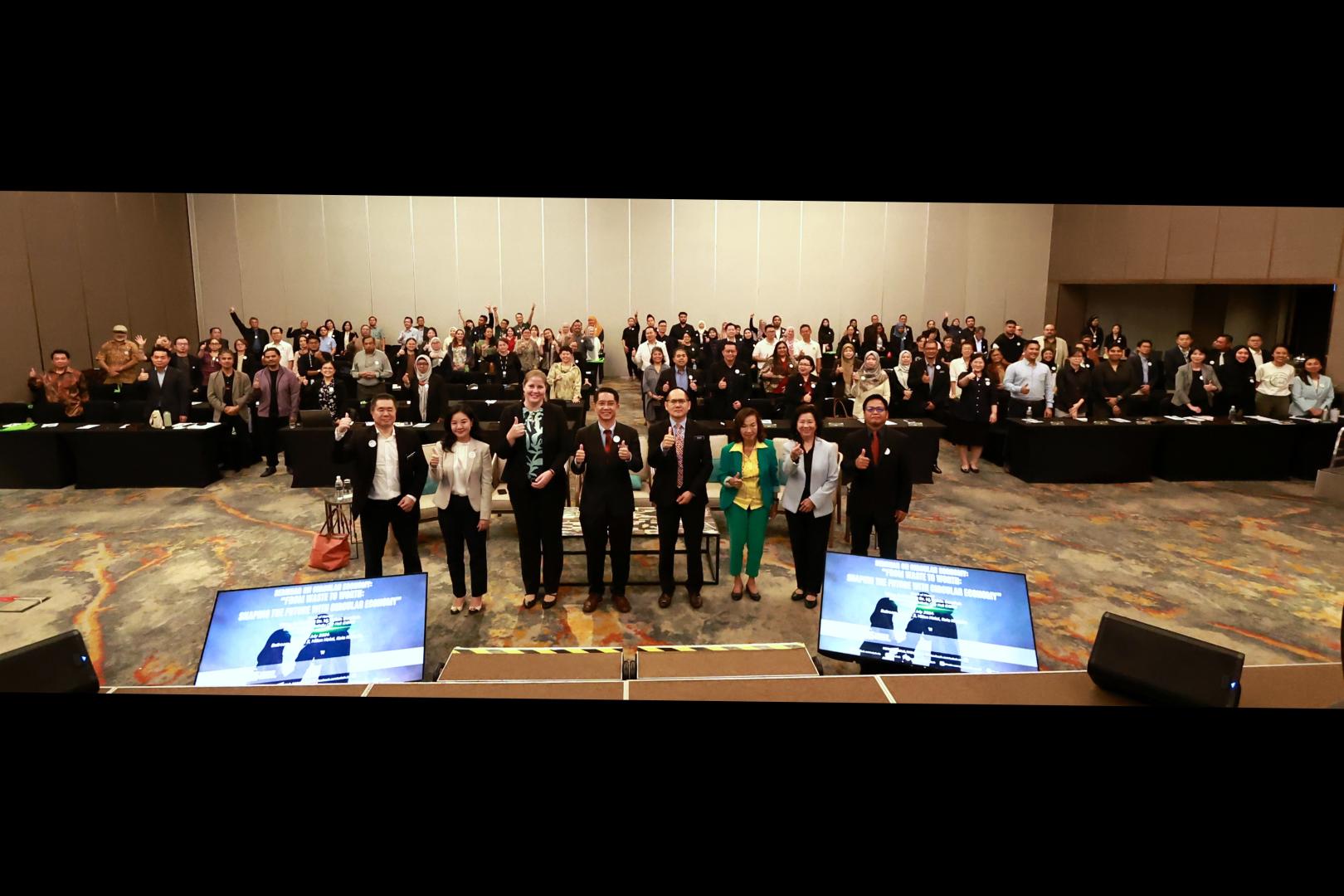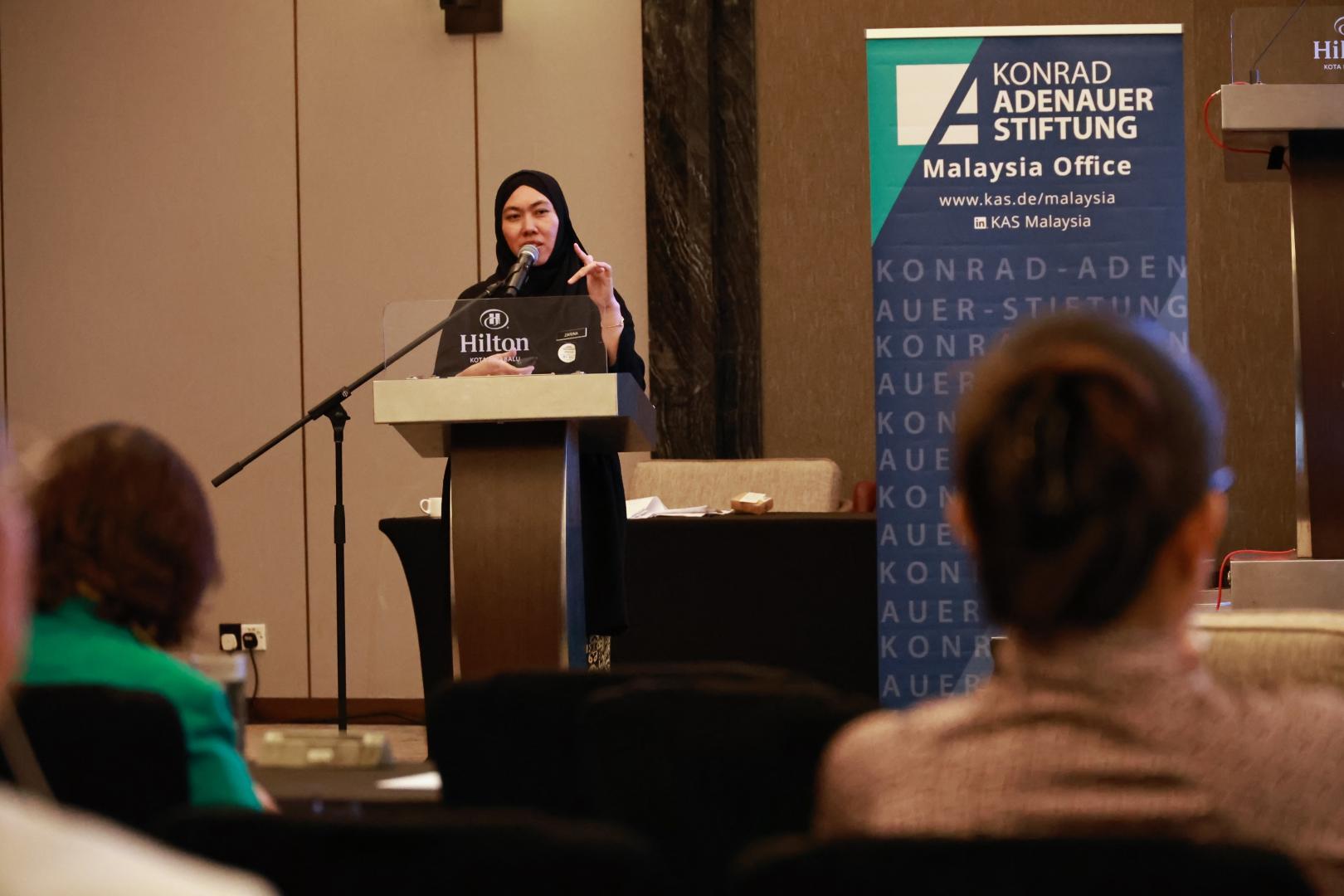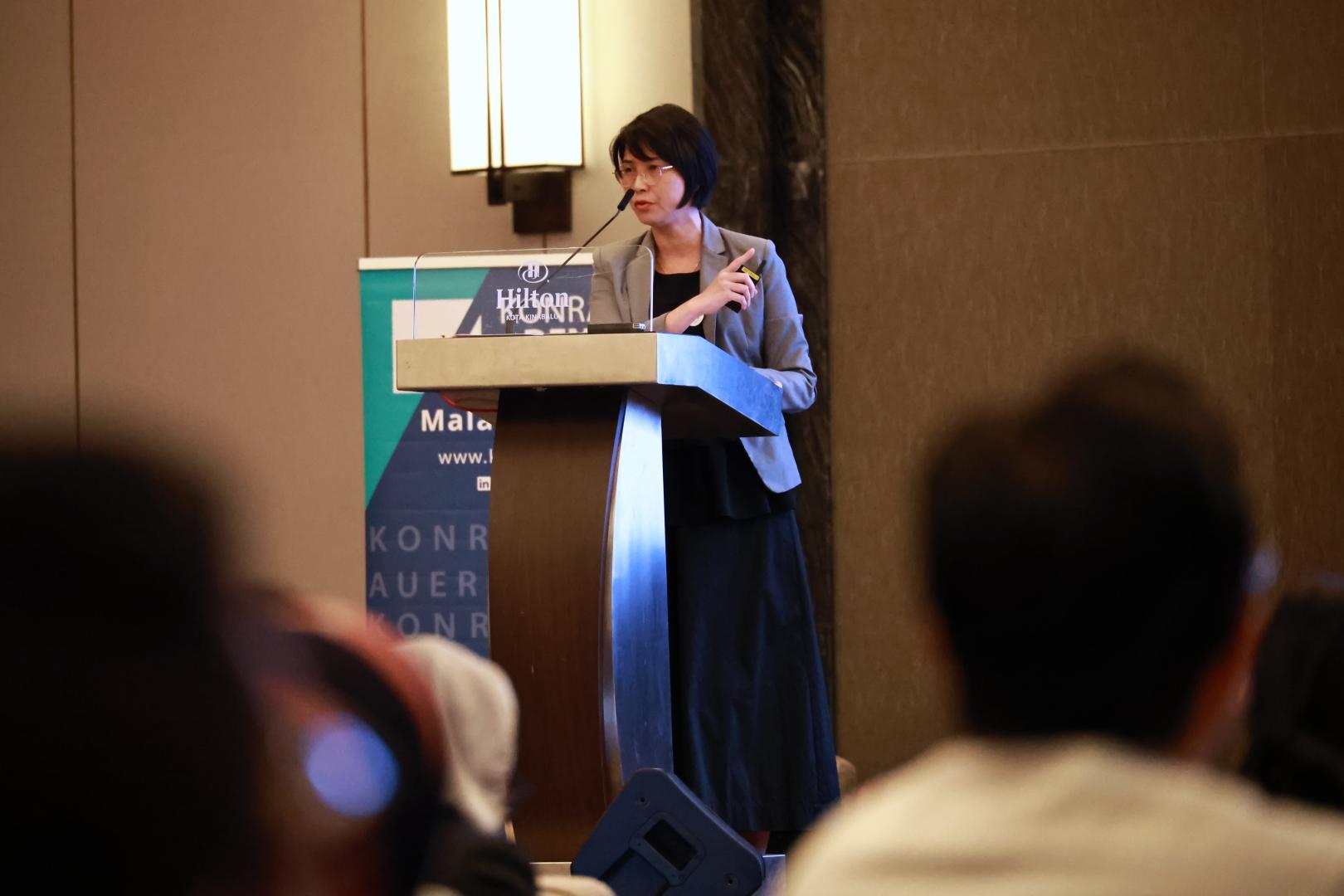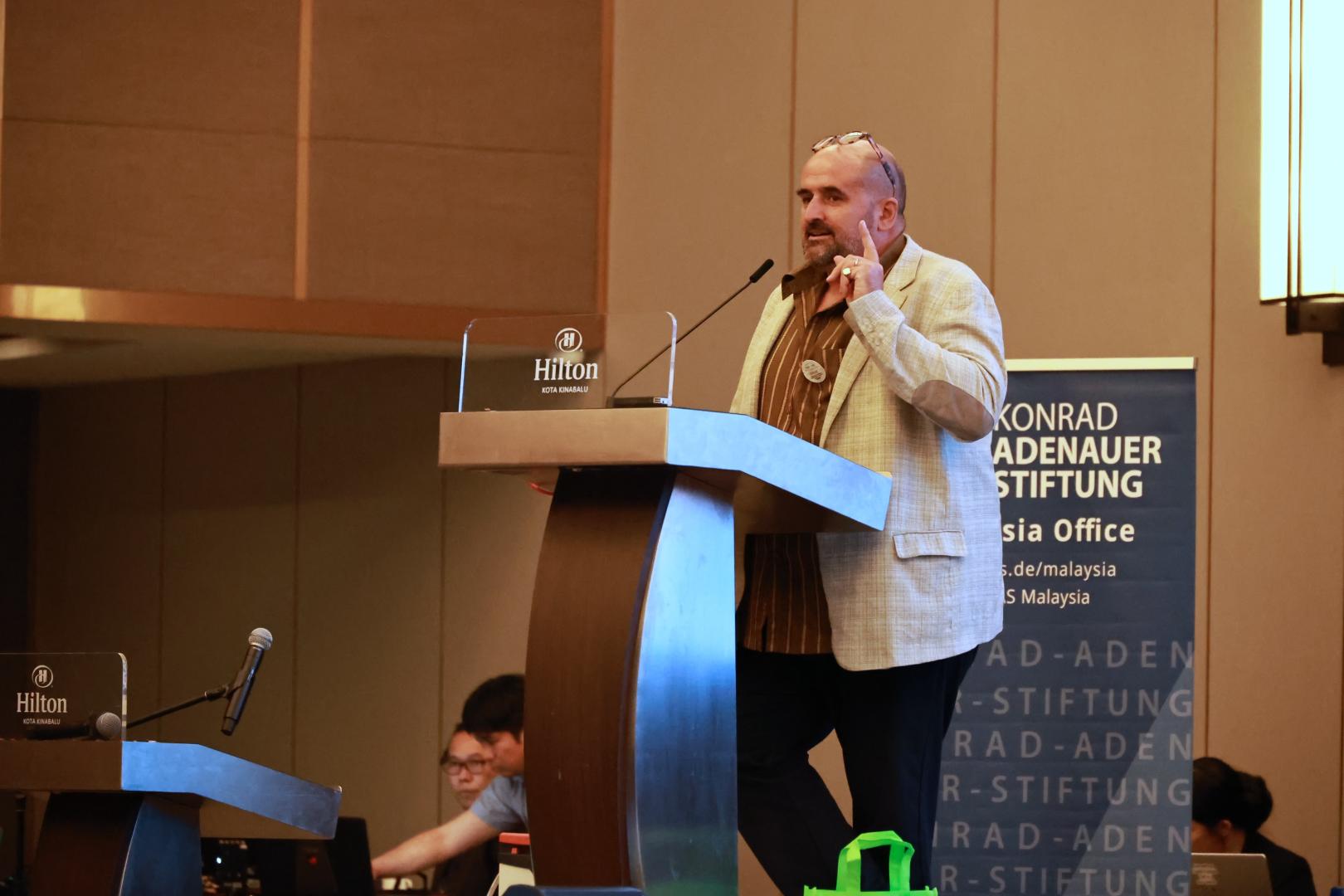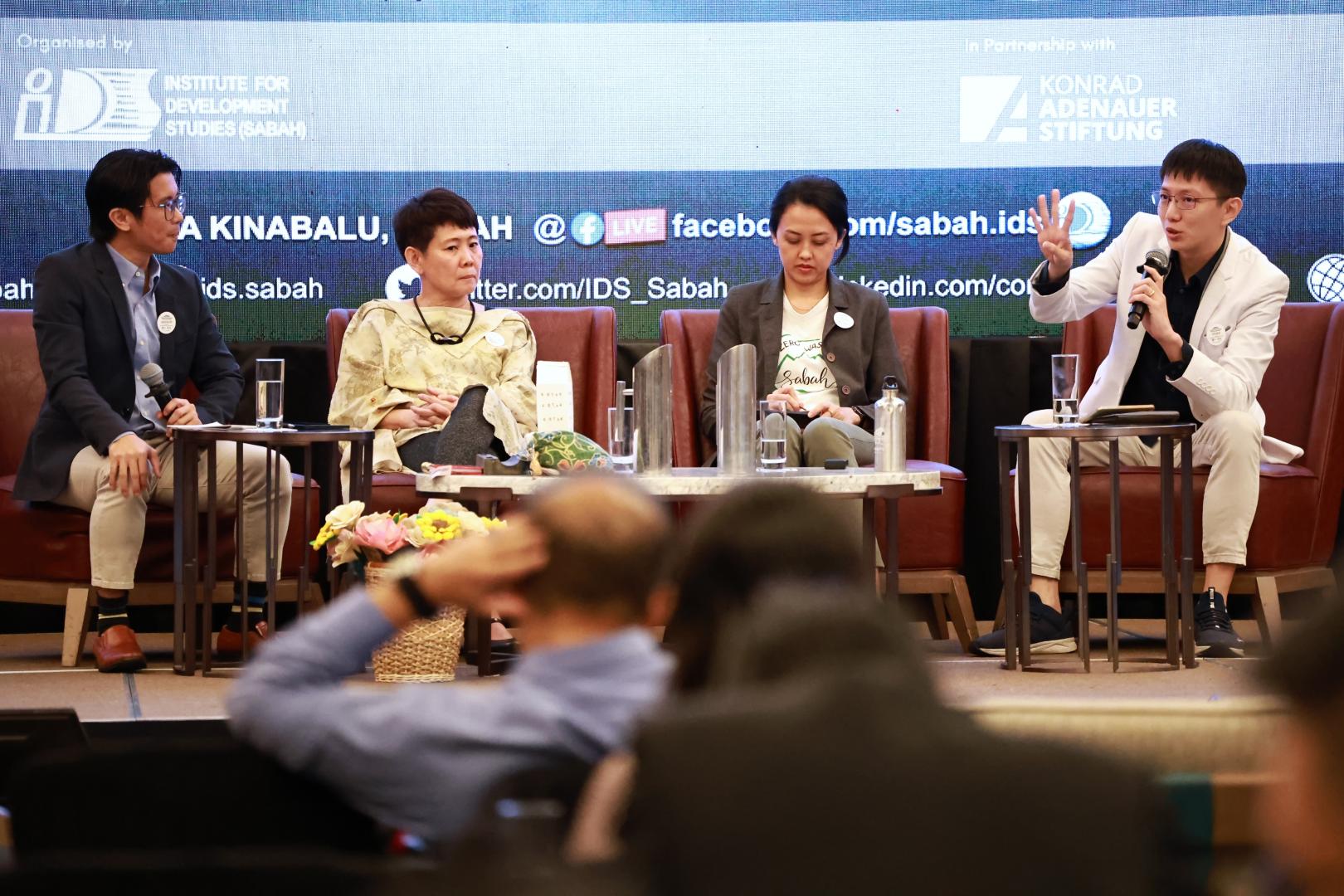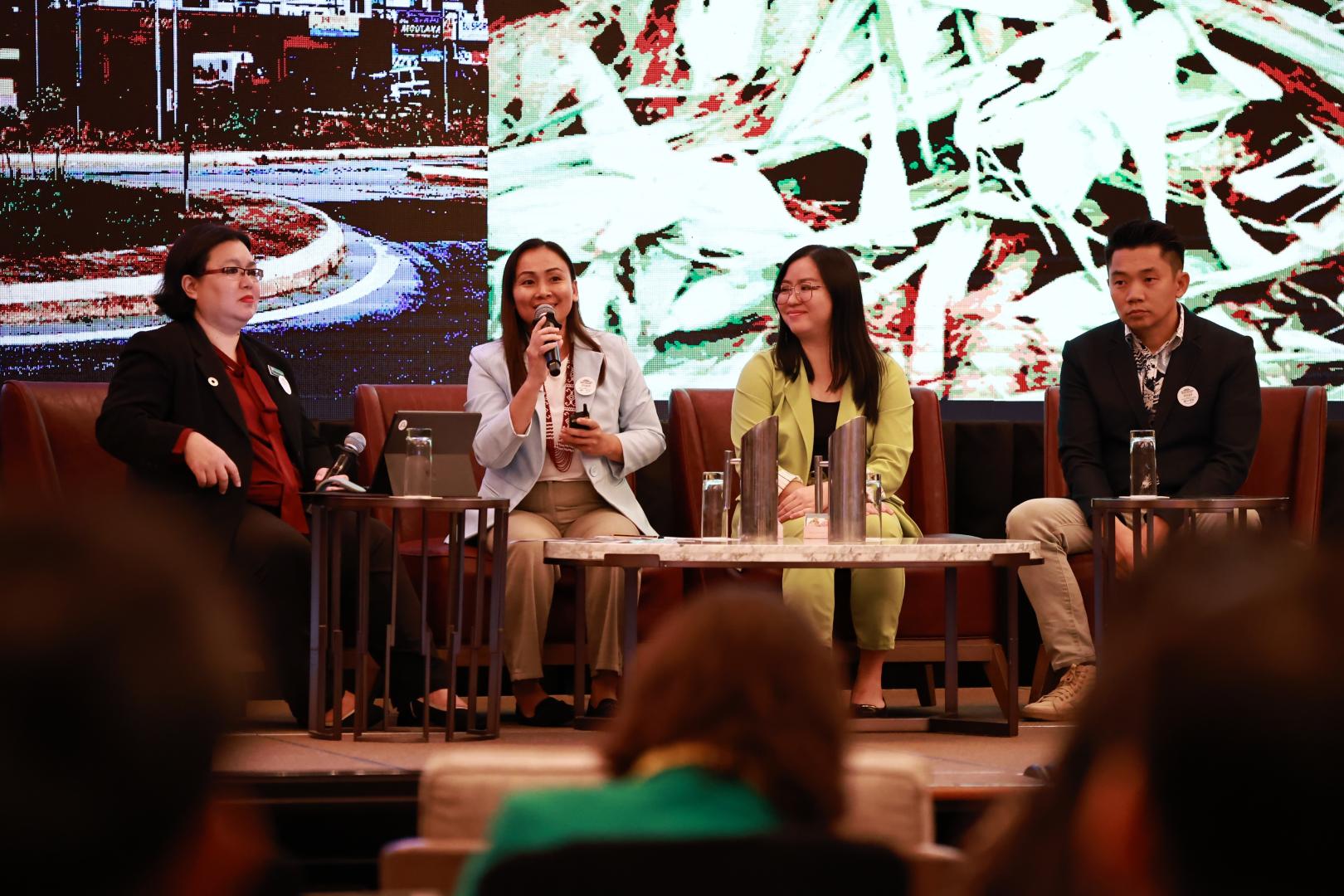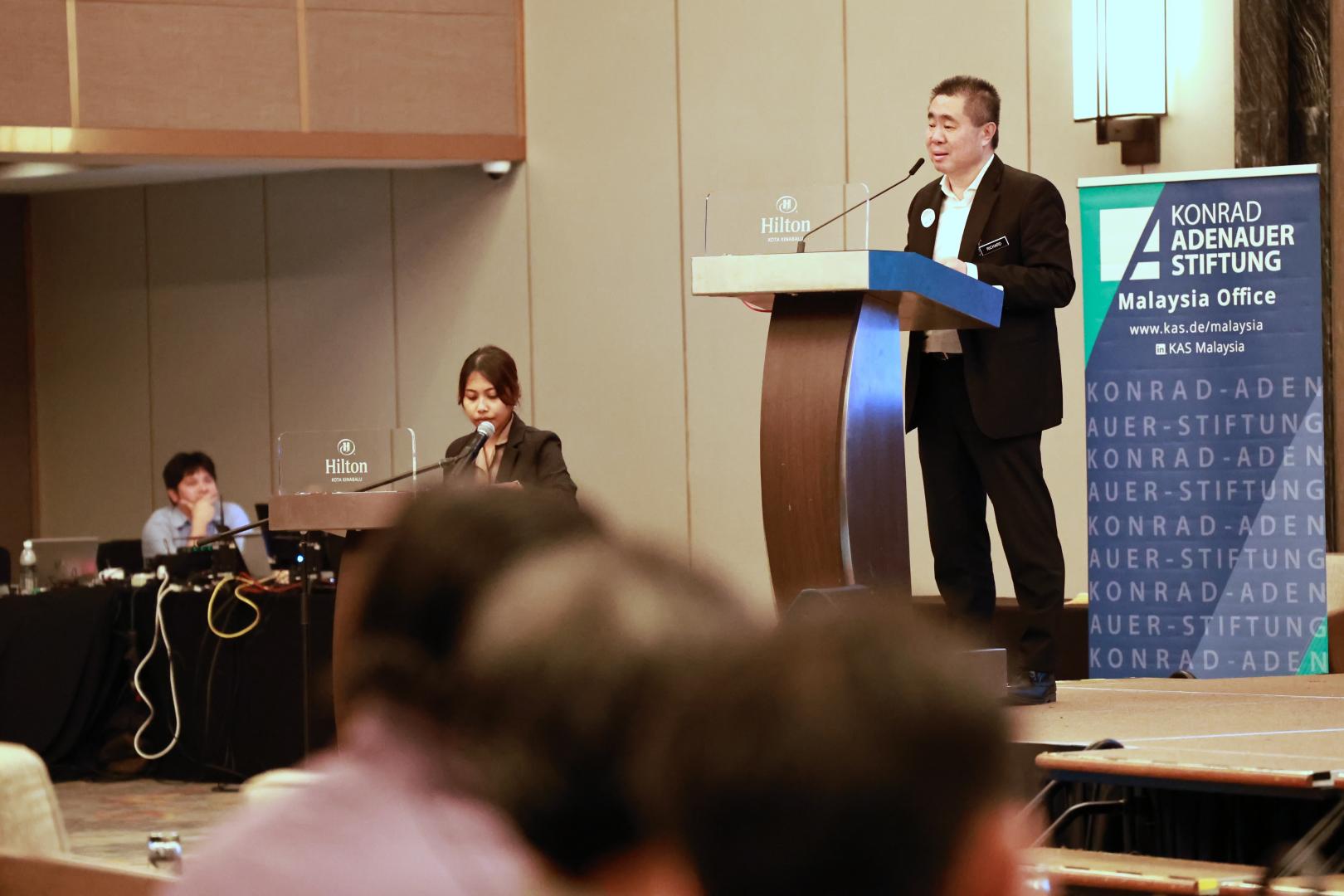Seminar
Details
On 11 July 2024, the Institute For Development Studies (IDS) Sabah and Konrad-Adenauer-Stiftung (KAS) Malaysia hosted the "From Waste to Worth" seminar, which brought together thought leaders and experts to discuss the future of the circular economy in Malaysia and Sabah. Here are some key takeaways:
POLICY AND GOVERNANCE
-
Sabah faces substantial challenges in waste management, encompassing waste accumulation, environmental pollution, inadequate infrastructure, and a critical need for heightened public awareness. These factors collectively impede the transition to a circular economy.
-
These challenges are exacerbated by the lack of standardized policies and ineffective governance at both federal and state levels, thereby impeding the development of coherent and efficient solid waste management practices.
-
There is a need for better integration between local initiatives and national policies. Standardized policies are essential for creating a uniform framework that ensures all regions adhere to consistent waste management practices. This eliminates discrepancies and promotes best practices across the board, facilitating smoother transitions to a circular economy. Addressing local challenges, such as those in Sabah, necessitates tailored solutions supported by national policies, thereby fostering a more coordinated approach to waste management and environmental conservation.
-
The "Solid Waste Management Sabah Enactment 2022" represents Sabah's initiative to advance waste management and governance, with a strategic focus on enhancing sustainability practices.
-
The founder of 'Zero Waste Sabah' has expressed significant concerns regarding KPKT's plans to establish 18 Waste-to-Energy facilities across Malaysia. She argues that such facilities might undermine the goals of the Circular Economy by potentially increasing air pollution, despite their intention to manage waste efficiently.
SUSTAINABLE PRACTICES AND CIRCULAR ECONOMY
Transitioning to a Circular Economy
-
The Ministry of Housing and Local Government (KPKT) Malaysia is at the forefront of initiatives to transition from a linear to a circular economy, with an emphasis on formulating policies and developing a "Circular Economy Action Blueprint." KPKT is dedicated to shifting from the linear economy model ("Take - Make - Use - Throw") to a circular economy paradigm that incorporates recycling and upcycling practices. This shift is intended to address both social and environmental issues in Malaysia, highlighting the necessity of sustainable economic practices that will involve stakeholders from various sectors in ensuring a comprehensive and inclusive approach to sustainable economic development.
-
Future initiatives should prioritize the standardization of policies, the enhancement of infrastructure, and the fostering of collaboration among stakeholders to effectively advance the transition towards a circular economy.
Alignment with ESG Principles
-
The Circular Economy is aligned with Environmental, Social, and Governance (ESG) principles, which are increasingly becoming prerequisites for securing investment and funding opportunities. Companies and micro, small, and medium enterprises (MSMEs) are mandated to adhere to ESG standards to obtain financial support and investment.
-
Emphasizing sustainable practices in sectors such as agriculture is essential to align with ESG principles and enhance food security. By adopting circular economy principles, various sectors can achieve substantial sustainability benefits. Given Malaysia's position as the world's second-largest producer of palm oil, the implementation of a circular economy framework can significantly benefit the palm oil industry.
-
The agriculture sector is recognized as pivotal in climate change mitigation. Promoting the utilization of idle land for small-scale farming is proposed as a dual strategy to mitigate carbon emissions and enhance food security, rather than divesting such lands. This approach is particularly critical given the substantial expenditure on food imports, which amounted to approximately RM70 billion in 2023.
This seminar highlighted Sabah and Malaysia's vital role in global sustainability efforts. It's time to act! Let's innovate, collaborate, and lead the change towards a sustainable and circular future!



